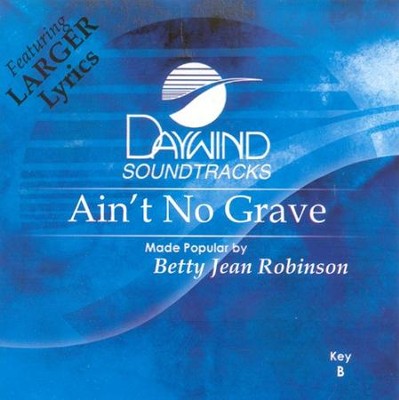
He would spend the rest of his life as an evangelist, working tent show revivals and eventually founding his own Free Pentecostal Church, an off shoot of the Church Of God (Holiness), the white version of the Church Of God In Christ, the black church that produced more great gospel singers, make that great singers, period, than any other organization, religious or other. He became a pastor of the traveling sort, bringing the word to churches in Sneedville, Tennessee, and all around Lee County and in Cumberland, Harlan County. While shoveling coal one day in 1949 he received a calling to the ministry.

In his late teens he went to work in the coal mines of Harlan County, the scene of many of bloody labor struggle (documented in Barbara Kopple’s 1977 documentary Harlan County U.S.A.), fought in World War II, and after the war returned to mining.

From that day on I have been playing guitar and singing”. He sang and shouted his little heart out not for fame and fortune, but for the love of God.Ĭlaude Ely took to music at age twelve, laid up with a case of TB, he started on harmonica, soon he was given a mail order Sear guitar by an Uncle– “He brought it to my bed and laid it across my chest and by the hand of God my fingers began to play the chords and a voice came in my mouth to sing.

Okay, maybe not that good, but pretty damn close.

Brother Claude Ely (born Jin the Virginia hill country near Puckett’s Creek in Lee County, a few miles outside of Pennington Gap) was the greatest white gospel singer there ever was, and the only one I’ve ever heard who could hold his own with the great black gospel shouters of the golden era of gospel quartets (1946-66)– Julius Cheeks (Sensational Nightingales), Archie Brownlee (Five Blind Boys Of Mississippi), Ira Tucker (Dixie Hummingbirds), and Paul Foster (Soul Stirrers).


 0 kommentar(er)
0 kommentar(er)
